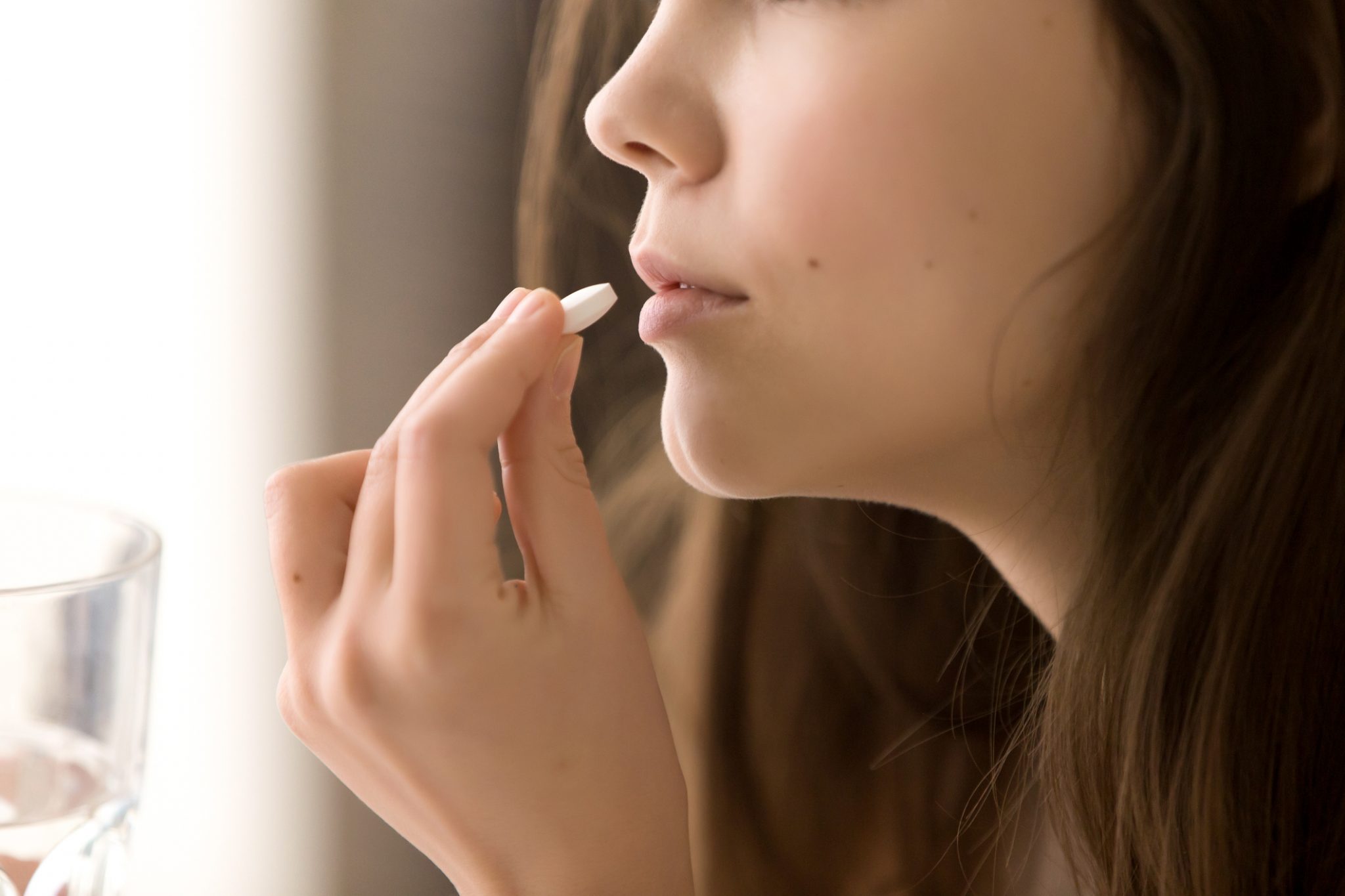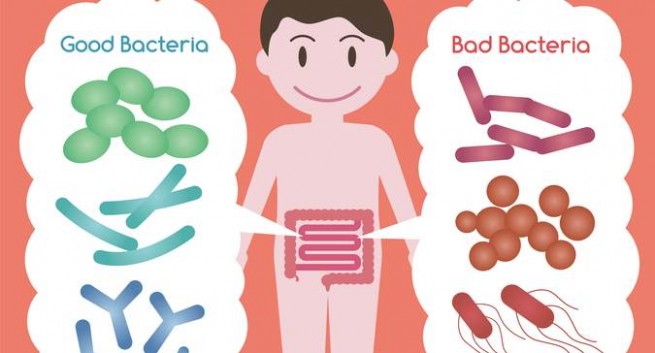Possible Side Effects of Probiotics
Probiotics are the good or friendly bacteria, but that doesn’t mean there aren’t potential side effects. Probiotics exist naturally in your body and can also be obtained from other food sources, but when the body gets an influx of unfamiliar probiotics, it can respond in unforeseen and unwanted ways.
There are a number of probiotic supplements available in the market that are reputable and healthy. Moreover, probiotics have numerous benefits ranging from gut health and better digestion to increased absorption of nutrients and improved immunity.
However, there are some potential side effects of probiotics as well that could affect a small percentage of population. Complications might be more severe in people with illnesses or a compromised immune system. If you are wondering what probiotics side effects there are to keep an eye on, continue reading to find out!
Bloating
The digestive system has a microflora balance unique to every individual, much like fingerprints.
When you add probiotics to your diet, you are essentially increasing the level of good bacteria. This can cause your system to experience a temporary phenomenon called Herxheimer Reaction.
The good bacteria start colonizing in your digestive system by the billions. They change the intestinal and digestive environment. This causes the bad bacteria to die in large numbers because they cannot cope up with the good environment.
However, your body is not trained to deal with the large amounts of toxins released when the bad bacteria die. Bloating is among the first adverse reactions you might experience after having probiotics. It is not a sign, however, that you need to stop taking probiotics. Simply drinking lots of warm water can help with the bloating.
Diarrhea
Probiotics can actually help with chronic diarrhea. However, you might find your stools to be runny right after starting them. This is one of the most common side effects of probiotics, especially when you are ingesting a strong does.
You can manage this side effect by taking your supplements early in the morning on an empty stomach. The human digestive system is most active in the morning right after the first meal.
Microflora in the gut works double time in the morning to get your system ready for the day. You can make sure that there are enough good bacteria there by taking your supplements early in the morning. You can opt for natural probiotics as well by incorporating raw cheese and yogurt in your breakfast.
If you experience diarrhea for long enough, you might start start asking yourself, are probiotics bad for you. The answer is certainly no, but if diarrhea does become a persistent problem, you may want to consider changing or reducing your dosage.
Other Digestive Troubles
Many people experience mild bloating or gas, which goes away on its own. However, some people with an already weakened digestive system might experience more severe digestive problems in the form of constipation and severe forms of bloating and diarrhea.
Mild discomfort is common in the first few days after you start on probiotics, but if the symptoms persist then you should speak to your doctor and consider a plan to stop taking probiotics until a better regimen is put in place by a medical professional.
Yeast based probiotics can cause increased thirst and constipation among beginners. The reason for some people to experience severe side effects of probiotics are not known right now. It is best to start with a low dosage and gradually increase to a full dosage over a course of few weeks.
Headaches
Another one of the common side effects or probiotics is frequent headaches. Foods like kimchi, Sauerkraut, and yogurt have biogenic amines. Biogenic amines are formed by using bacteria to age or ferment protein-containing foods.
Histamine, tyramine, phenylethylamine, and tryptamine are some of the most common amines released in probiotic foods.
Amines have a direct impact on the central nervous system. They can excite the nervous system to increase or decrease blood flow triggering headaches.
As per a study, low histamine diets reduced headaches in 75% participants. However, another review conducted on 10 controlled studies found no significant effect on headaches by dietary amines.
More research is required on this field of study to understand the effects of dietary amines. If you have a history of being sensitive to these substances, then it is advised to maintain a food diary. This will help you clarify whether probiotics are harmful for you or not.
You can always skip the whole process and start taking probiotic supplements. Amine levels are increased only through probiotic-rich foods.
Allergies
Probiotics have a number of common allergens. People who are sensitive and prone to allergies must always read the supplement labels carefully. For instance, there are many supplements that contain soy, egg and dairy products.
These ingredients can bring on a severe allergic reaction. It is important that you discuss any new supplement with your doctor. If you find out that you are having an allergic reaction to a supplement you are taking it is important to stop taking those probiotics immediately to avoid further health issues.
Probiotics can be bacteria-based as well as yeast based. If you are prone to yeast allergies, then you should look for bacteria-based probiotics.
Most supplements use milk sugar or lactose. Studies suggest that most lactose intolerant people can easily tolerate 400 mg of lactose in supplements and medications. However, there have been cases of adverse reactions.
It is best to play it safe and avoid such supplements. On the bright side there are some supplements which are lactose-free probiotics
Prebiotics are plant fibers that are good food for bacteria in your gut. However, these are indigestible to humans.
Many supplements contain prebiotics to promote good bacteria colonies to grow in your gut. Such supplements are called synbiotic. Some people might not be able to tolerate prebiotics and experience gas or bloating.
Adverse Histamine Reactions
Another one of the common probiotics side effects is a result of your body sensing the new microbes in your body as a threat. Histamine is a molecule produced by the body when the immune system detects a threat. Certain bacteria strains present in probiotics can release histamine in the digestive tract. Naturally, histamine produced in the digestive tract is degraded by an enzyme called diamine oxidase (DAO).
However, people who are histamine intolerant might experience allergic symptoms. This is because their body might not produce enough DAO for degradation of histamine. It might get absorbed through the intestinal tract into bloodstream causing an adverse reaction.
Infection Risks
While probiotics are safe for the majority of population, there have been cases of infections. It is a rare, but important probiotic side effect to keep in mind.
Yeast or bacteria based probiotics enter the bloodstream causing infections. People with suppressed immune systems, or venous catheters, or who have undergone a recent surgery, or have been hospitalized for a long time are more at the risk of an infection.
That said there have been no serious infections reported and the risk is very low. Only one in 5.6 million people might contract an infection through yeast based probiotic and one in a million with Lactobacilli bacteria probiotic.
Key Takeaway
Probiotics are safe for the majority of people and in fact you may be already consuming them through your regular diet in significant quantities. However, in some people, side effects of probiotics might manifest in the form of digestive problems, allergies, and infections.
It is best to stop taking probiotics if the symptoms persist beyond a few days or weeks. Speak to your doctor if the side effects of probiotics appear to be more severe.




